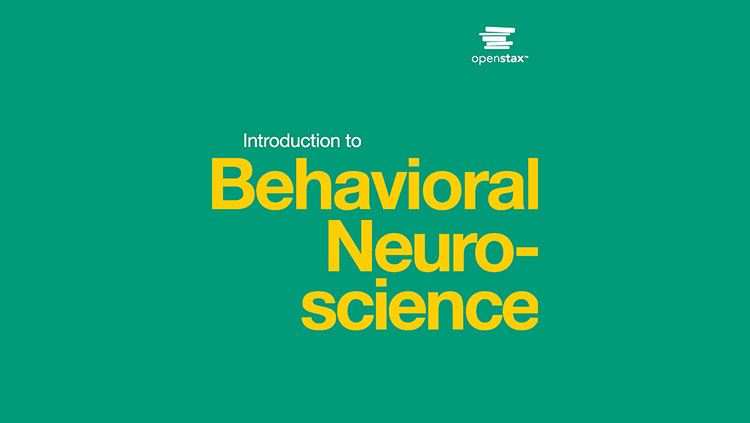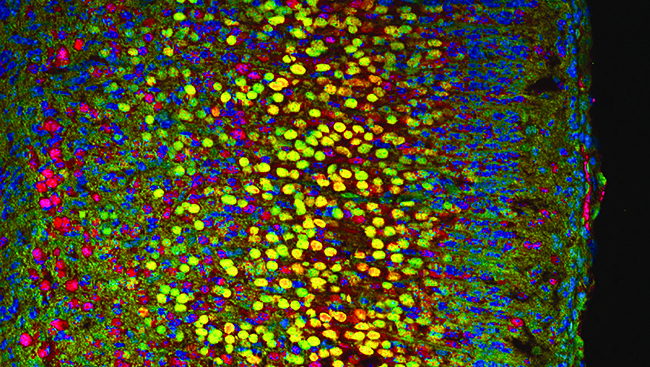
![]() Access a searchable transcript of this video by clicking the magnifying glass icon in the player.
Access a searchable transcript of this video by clicking the magnifying glass icon in the player.
Join speakers Costas Arvanitis, Sreekanth Chalasani, and Hong Chen as they present new frontiers in neuroscience techniques: the applications of ultrasound for neuroscience research. With moderator Elizabeth Glater, these experts will provide an overview of ultrasound techniques, as well as applications in research, diagnostics, and therapeutics. They will address both challenges and successful strategies for integrating the fields of neuroscience, molecular biology, and engineering.
Learning Objectives:
-
1. Overview of the use of ultrasound in neuroscience
2. Utility of ultrasound in research, diagnosis and therapies
3. Overview of sonogenetics
4. Discuss the interaction of ultrasound and the neurovascular unit and its role in therapy
Speakers




Who can attend these webinars? All webinars in this series are complimentary to SfN members. Join or renew for access. This webinar is $15 for nonmembers.
Will the webinars be available on-demand? Yes, all webinars will be available to watch on demand after the live broadcast.
How do I access the conference on the live day? After registering, you will receive a confirmation email with the event link and the option to download calendar reminders.
What are the technology requirements for attending? These webinars are hosted on Zoom Webinar. Instructions for joining and participating in a webinar can be found here.
Can I ask the presenters questions? Yes! You can submit any questions before the webinar through the registration form. During the webinar, you can submit questions through the Q&A box.
Will a certificate of attendance be offered for this event? No, SfN does not provide certificates of attendance for webinars.
I have other questions not answered here. Email digitallearning@sfn.org with any other questions.
Review SfN’s Code of Conduct, rules for virtual events in the Digital Learning Community Guidelines, and communications policies regarding dissemination of unpublished scientific data, listed below. SfN asks that conference attendees respect the sensitivity of information and data being presented that are not yet available to the public by following these guidelines:
- Do not capture or publicly share details of any unpublished data presented.
- If you are unsure whether data is unpublished, check with the presenter.
- Respect presenters' wishes if they indicate that the information presented is not to be shared.
Webinar Refund Policy
What is the cancellation/refund policy for webinars?
- If SfN changes fundamental details of the webinar (date, time, or speakers), nonmember registrants may request a registration refund.
- To request a refund, please email digitallearning@sfn.org at least 48 hours before the event. Otherwise, refunds are not provided. All webinars are complimentary to SfN members.
- SfN webinars can be watched on-demand if someone is unable to attend the live broadcast.







